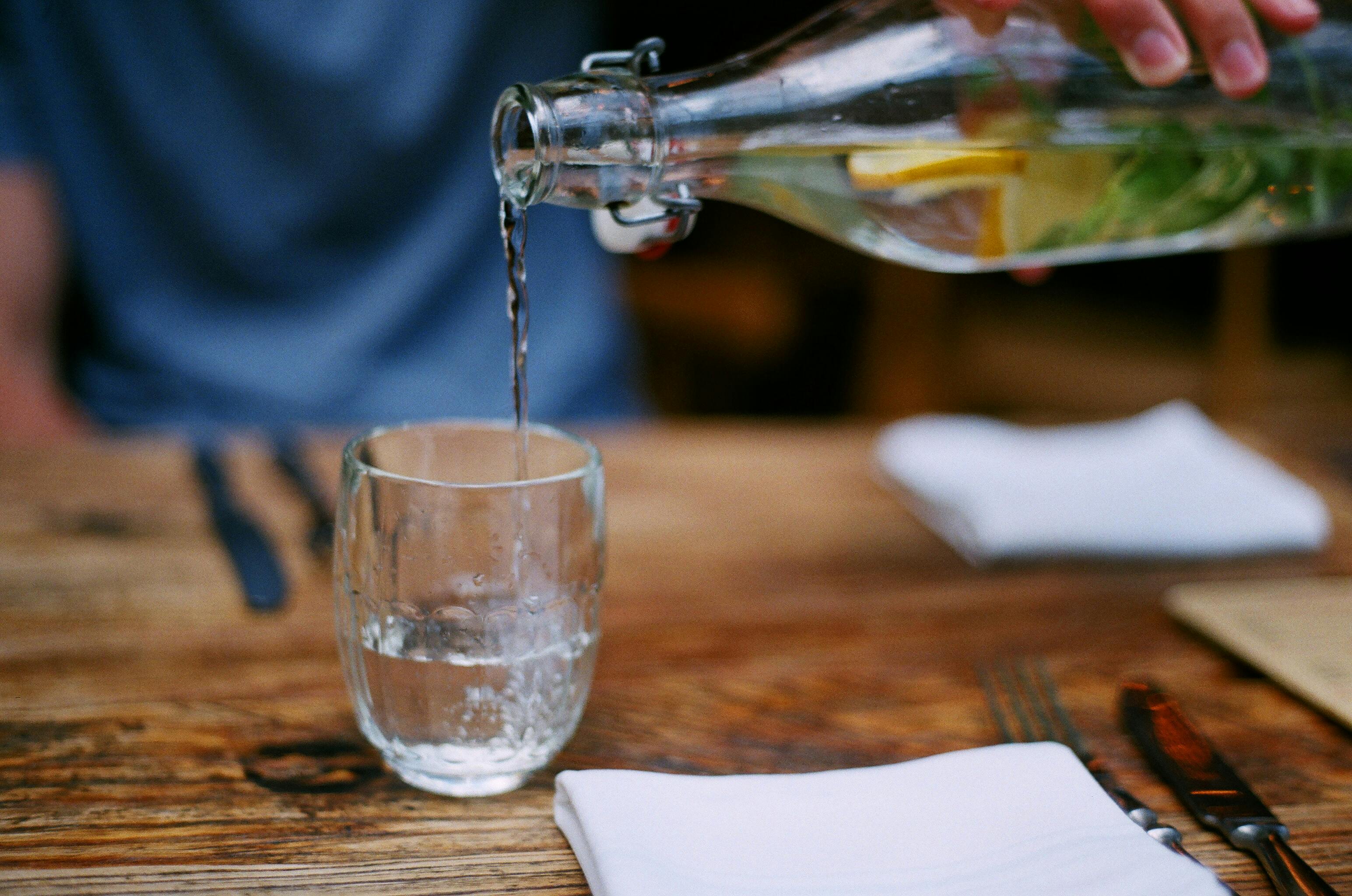The Science Behind Hydration: How Much Water Do You Truly Need?
The Science Behind Hydration: How Much Water Do You Truly Need?
Introduction
Water is the embodiment of life, making up roughly 60% of the human body and assuming a urgent part in essentially all physical processes. Notwithstanding its significance, disarray proliferates with respect to how much water we really need to remain solid. Well known exhortation, for example, the "8 glasses every day" rule, is much of the time treated as general, yet hydration needs fluctuate significantly contingent upon individual elements and conditions.
This blog plunges into the study of hydration, investigates factors affecting water needs, and gives pragmatic tips to keeping up with ideal hydration.
Why Hydration is Significant
Water is essential to the body's activities. It makes a difference:
Direct Internal heat level: Through sweat, water cools the body during heat or actual effort.
Work with Processing: Water helps with separating food and engrossing supplements in the stomach related framework.
Transport Supplements and Oxygen: Blood, fundamentally made out of water, conveys fundamental supplements and oxygen to cells.
Eliminate Waste: The kidneys channel poisons from the blood, a cycle subject to satisfactory water consumption.
Safeguard Joints and Organs: Water goes about as a grease for joints and a pad for organs and tissues.
How Much Water Do You Truly Need?
The "8 Glasses per Day" Rule
The broadly acknowledged suggestion to drink 8 glasses (about 2 liters) of water day to day is straightforward and simple to recall, however it may not make a difference generally. Hydration needs are profoundly individual and impacted by variables, for example,
Age
Orientation
Body Weight
Movement Level
Climate (e.g., warm or sticky environments)
Refreshed Rules
The Public Foundations of Sciences, Designing, and Medication suggest:
Men: Around 3.7 liters (125 ounces) each day.
Ladies: Around 2.7 liters (91 ounces) each day.
These sums incorporate water from drinks and food, as many products of the soil are wealthy in water (e.g., cucumbers, watermelon).
Paying attention to Your Body
A more instinctive methodology is to drink when parched and screen pee tone. Light yellow pee normally shows legitimate hydration, while hazier shades recommend drying out.

Factors That Influence Hydration Needs
1. Actual work
During exercise, the body loses water through sweat. Remaining hydrated previously, during, and after exercises is fundamental, particularly for focused energy or delayed exercises.
2. Environment and Climate
Hot or sticky circumstances increment sweat creation, prompting higher water needs. Likewise, at high elevations, the body loses water all the more rapidly through breath.
3. Ailments
Sicknesses like fever, the runs, and spewing can cause huge liquid misfortune. Conditions like diabetes and kidney issues additionally impact hydration necessities.
4. Pregnancy and Breastfeeding
Pregnant and breastfeeding ladies have expanded hydration necessities to help fetal turn of events and milk creation.
Indications of Dehydration
Thirst.
Dry mouth or skin.
Weakness
Diminished pee result or dark yellow colour
Serious drying out requires quick clinical consideration and can cause fast heartbeat, disarray, or obviousness.
Will You Overhydrate?
Indeed, extreme water utilization can prompt an uncommon condition called hyponatremia, where sodium levels in the blood drop excessively low. This can bring about enlarging of cells, remembering for the mind, causing side effects like queasiness, disarray, and in extreme cases, demise. Competitors participating in high-intensity games are especially in danger assuming they hydrate without recharging electrolytes.
Ways to remain Hydrated
Convey a Water Jug
Having water promptly accessible supports predictable tasting over the course of the day.
Eat Water-Rich Food varieties
Consolidate hydrating foods grown from the ground like oranges, cucumbers, and lettuce into your eating routine.
![]()
Set Updates
Use applications or cautions to remind yourself to hydrate, particularly during occupied days.
Screen Your Result
Focus on pee tone and recurrence as a hydration measure.
Rehydrate Decisively
After exercise or ailment, consider drinks with added electrolytes to recharge the two liquids and minerals.
Conclusion
Hydration isn't one-size-fits-all. Individual necessities rely upon different variables, from active work to natural circumstances. By understanding the study of water admitting and standing by listening to your body's signs, you can streamline your water consumption and appreciate better physical and mental execution. Keep in mind, water is life — remain hydrated and let your body flourish!

Comments
Post a Comment